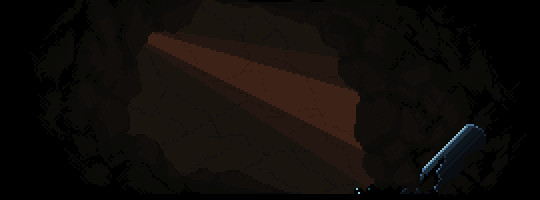The Language of Okoto
Chapter 8
For this post, let’s return to a part of the dataset that we haven’t discussed for a while: the reconstructed element *kui “agent”. Elsewhere, we’ve been successful in breaking down the words toa, ta, okoto by delving into their reconstructed history and making some comparative observations. Let’s see what we can do with *kui, shall we?
First, note that the element *kui has been translated only as “agent” thus far, and that this is actually a somewhat semantically complex concept. In order to get at the basic components of the word, we’ll need identify the semantic components of what it means to be an agent, and we can do that via paraphrase, as follows:
Assumption: The concept of “agent” can be paraphrased as “an individual who is able to act intentionally”, which can be broken down into at least three parts: [intentional individual], [ability], and [action].
With that in mind, let’s have an observation:
Observation: The element *kui contains the sequence u, which has been elsewhere assigned an independent meaning of “skill, ability”.
And now, a pretty straightforward proposal:
Proposal 1: The element *kui can be decomposed into u “skill, ability” and the remaining elements k- and -i.
With this proposal, we have assigned the [ability] part of the meaning of “agent” to u, leaving two units that have yet to be specified. Luckily, we also have two remaining word-units: k- and -i. At this point I will note that -i would fit nicely next to the general noun marker -a as a suffix capable of deriving nouns, but the question is, what kind of nouns? The following two proposals will flesh things out:
Proposal 2: Let k- be a stem-element representing the general concept of “acting, doing” (similar to how e represents the general concept of “making”). Together with u “ability, skill”, these could form an independent complex ku “action”.
Proposal 3: Let -i be a suffix which derives specifically animate (or “intentional”) nouns, contrasting with the general noun suffix -a, which does not specify animacy. In combination with ku “action”, this would yield a complex *ku-i “an intentional individual defined by action”, in other words, “an agent”.
So the upshot of these proposals is that we have assigned the [action] component of the meaning of “agent” to the stem k- and the [intentional individual] component to the suffix -i.
Recap:
- Applying a variety of assumptions accumulated in previous posts, we have succesfully decomposed the reconstructed term *kui “agent” into three separate elements, corresponding to three semantic components of the meaning of “agency” ([action], [ability], and [intentional individual]): the stem k- “acting, doing”, u “skill, ability”, and a noun-marker -i “animate noun”.
Current Glossary:
-a “general noun (thing, object, person)”
e “?making, ?creating”
eki “maker” (< *ekui)
ekimu “mask maker”
-i “animate noun”
k- “acting, doing” (basic stem)
ki “agent” (< *kui)
ko “solidity, solid-ness; ?ice”
ku “action”
kuta “hoarder” (< *kuita)
m- “covering” (basic stem)
ma “covering, mask”
makuta “mask hoarder”
mu “mask” (< *mau)
o “place, location”
oko “land, place, home”
okoto “great land/place/home”
ta “hoard, group, collection” (< *toa)
to “largeness, greatness”
toa “master, hero” (< *toua)
tu “skill of greatness; mastery” (< *tou)
u “skill, ability”


0 Comments
Recommended Comments
There are no comments to display.